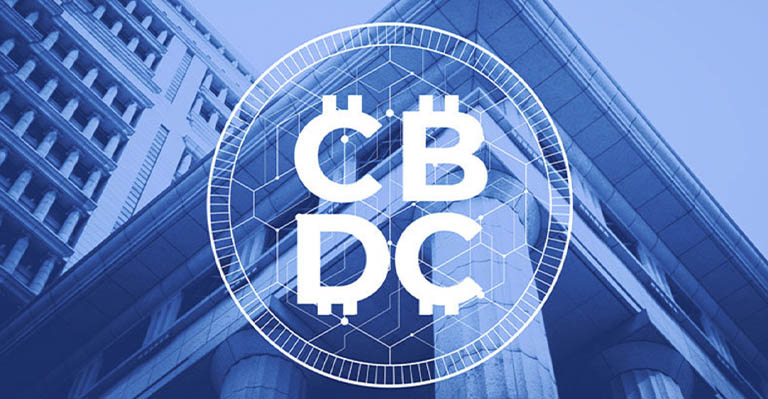The announcement by the European Central Bank (ECB) to allocate a considerable sum of €1.2 billion for the development of the digital euro, as well as the tests being carried out in Spain with the central bank digital currency (CBDC).
This event marks a significant milestone in the evolution of the financial system. However, these developments raise crucial questions about the very essence of cryptocurrencies and the direction monetary innovation is taking.
To carry out this ambitious project, the ECB intends to partner with the private sector, awarding significant contracts to specialized entities.
These partners will not only be responsible for developing an application for the digital euro, but also for generating offline payment solutions and managing possible fraud, among other aspects essential for the effectiveness of the currency.
CBDC represent an attempt by banks to integrate blockchain and digitize traditional currencies
Although this could provide greater efficiency in financial transactions, there are worrying aspects related to centralization and government control.
Contrary to the decentralized and democratic nature of cryptocurrencies like Bitcoin and Ethereum, CBDCs would be backed and controlled by centralized institutions, such as national central banks.

This raises questions about financial privacy and the degree of control that these entities would exercise over individuals monetary movements.
Meanwhile, in Spain, the Bank of Spain has selected collaborators to carry out tests with the central bank digital currency (CBDC).
After a year of applications, Cecabank, Abanca and Adhara Blockchain have been chosen to participate in a pilot that will simulate the processing and settlement of interbank payments using a wholesale tokenized CBDC.
This test will also include the settlement of a simulated tokenized bond, demonstrating the possibilities and applications of the CBDC.
It is interesting to note that the Spanish CBDC program is independent of the digital euro project that would cover the entire eurozone.
Although the Spanish Ministry of Economic Affairs and Digital Transformation has announced its implementation of the European Union Regulation on Markets in Cryptoassets, there is some reluctance among Spanish citizens.
A survey revealed that approximately 65% of respondents do not consider using pan-European CBDC as a complementary payment method.
The survey showing the lack of interest of Spanish citizens in using the pan-European CBDC as an additional payment method reflects a sensitivity towards centralization and government control in financial matters.
While CBDCs could offer benefits in terms of efficiency and financial stability, it is essential to consider and debate the deeper implications of this transition towards a form of digital money backed by centralized institutions, especially in contrast to the underlying philosophy of cryptocurrencies.

